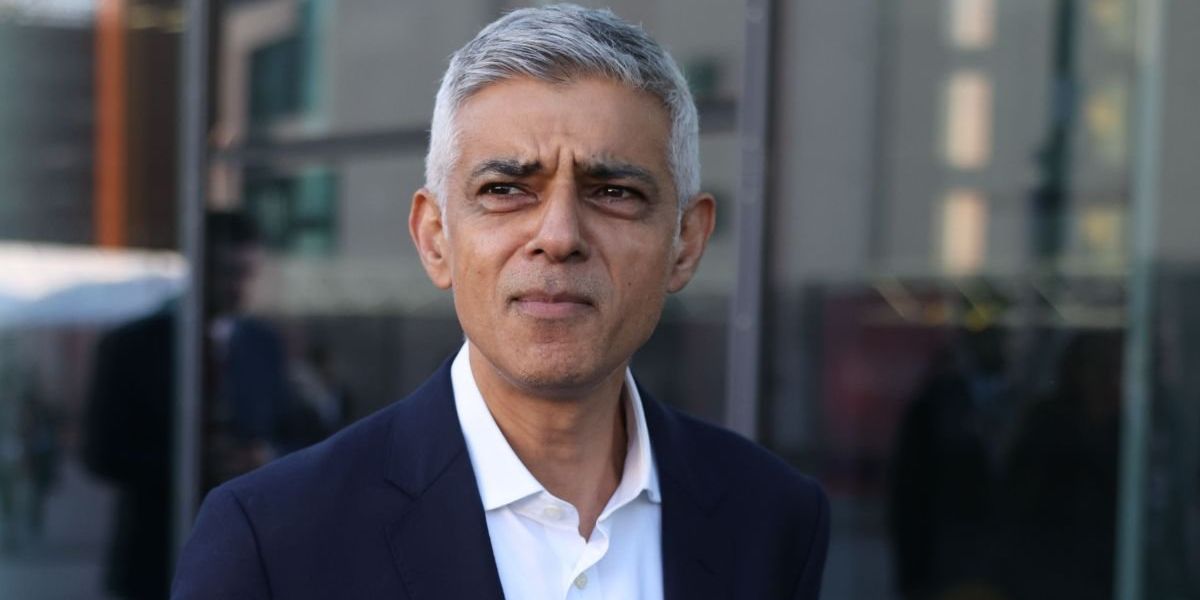Planning Inspectorate Overturns Council's Bid to Remove Pub's Outdoor Furniture
The Royal Borough of Greenwich Council has been unsuccessful in its attempt to force a historic pub to remove approximately half of its outdoor seating. The council issued an enforcement notice in March demanding The Trafalgar Tavern reduce its tables, chairs, and umbrellas on the Thames Path, citing complaints about pedestrian access for wheelchair users, pushchairs, and general foot traffic. The Grade II-listed establishment, a favorite of Charles Dickens, had operated the seating under planning permission granted in 2005 for daytime use on a cobbled section known as the ramp and the knuckle.
Frank Dowling, the pub's landlord, appealed the enforcement notice, warning that losses from reduced outdoor capacity would lead to staff redundancies. The Planning Inspectorate ruled on Wednesday to quash the notice, allowing the pub to retain its popular beer garden with views toward Canary Wharf and the Shard. The inspectorate acknowledged the narrow path could be challenging for pedestrians when busy but found in favor of the pub's continued operation subject to certain conditions.
Council officials maintained that their actions were aimed at ensuring balance and easy access for all path users, with a spokesman describing the outcome as positive because it requires the pub to submit future plans for the area's use. The case drew political attention, with Conservative Party Chairman Kevin Hollinrake celebrating the decision as fantastic news, while former Housing Secretary Angela Rayner declined to intervene in the dispute occurring in her housing minister's constituency.
The ruling preserves one of London's most acclaimed beer gardens, which features traditional wooden benches on a narrow walkway along the Thames. The Trafalgar Tavern, regularly voted among the nation's top pubs, can continue serving alfresco diners and drinkers on the designated sections of the path, securing both its operational capacity and local employment amid broader challenges facing UK pubs from high business rates and rising National Insurance contributions.




